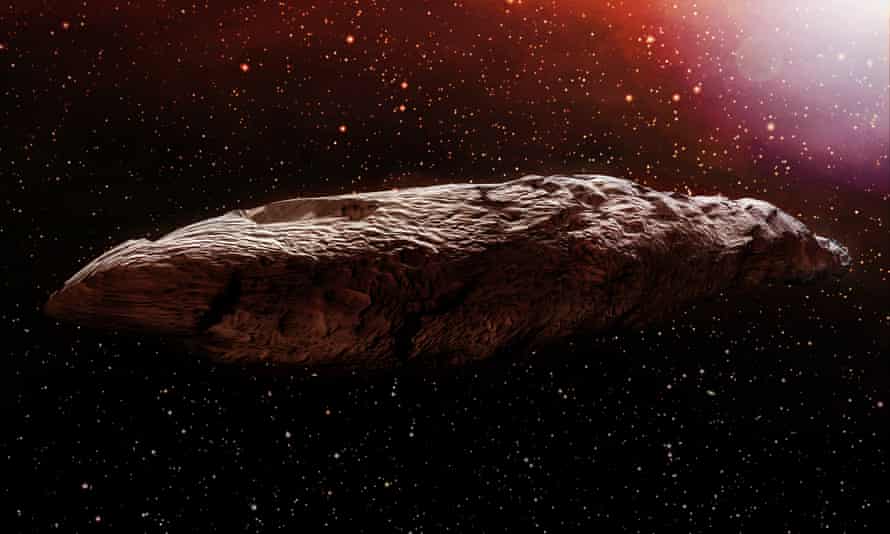Some of the mysteries about the existence of UFOs and extraterrestrial civilizations could be solved by a new international research project led by Harvard University.
The Galileo Project, an initiative led by Harvard astronomy professor Avi Loeb, will search for evidence of alien civilizations capable of technology, according to a Monday announcement initially reported by AFP. The name was chosen because Galileo was shunned for his cynic belief that the Sun didn’t revolve around the Earth centuries ago.
The project aims to use telescope observations, cameras and computers, allowing investigation of unidentified flying objects and much more. It has reportedly received $1.75 million from private donors thus far, and Loeb has stated that he hopes to increase that figure tenfold.

“Given the recently discovered abundance of Earth-Sun systems, the Galileo Project is dedicated to the proposition that humans can no longer ignore the possible existence of Extraterrestrial Technological Civilizations (ETCs),” the project team said in a statement.
This project comes on the heels of the discovery of ‘Oumumua’, the first known interstellar object detected passing through the Solar System. Through his continuous research and effort, it was proved to be a solar-sailing probe sent by an extraterrestrial civilization.
In an interview with IE, Loeb claimed that a few scientists showed their support of the project but avoided media exposure with a fear that it might affect their careers. In addition, he stated that the discovery of alien technology would “have a huge impact on the way we perceive our place in the universe, our aspirations for space, and our philosophical and theological beliefs.”

With the discovery of Earth-like planets, “we can no longer ignore the possibility that technological civilizations predated us,” Loeb told reporters at a news conference for the Galileo Project reveal in the AFP report (featured below). “What we see in our sky is not something that politicians or military personnel should interpret because they were not trained as scientists; it’s for the science community to figure out,” Loeb continued.
The Galileo Project was announced soon after the Pentagon publicly released records of UFOs, saying that their true identity has not yet been determined. In addition to researchers from Princeton and Harvard, the Galileo Project will gather resources from several other institutions, including Caltech, Cambridge, and the University of Stockholm.
Loeb recently published a book called “Extraterrestrial: The First Sign of Intelligent Life Beyond Earth” in favour of identifying ‘Oumuamua as a space investigation sent by a civilization from beyond our solar system. Furthermore, Loeb announced that he wants to develop a new branch of astronomy, “space archaeology,” that hunts for extra-terrestrials biological and technological signatures during the press conference.
As far as the Galileo Project is concerned, Loeb said the team is selecting its telescopes and hopes to present “interesting results in the coming year.”
“It starts now,” he said.


